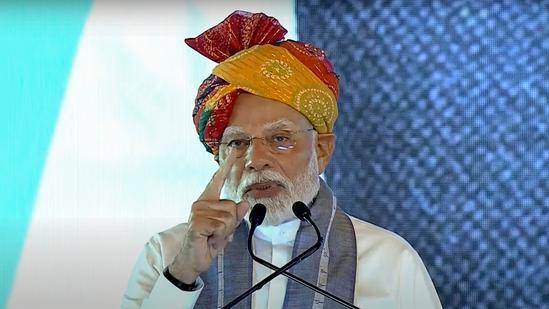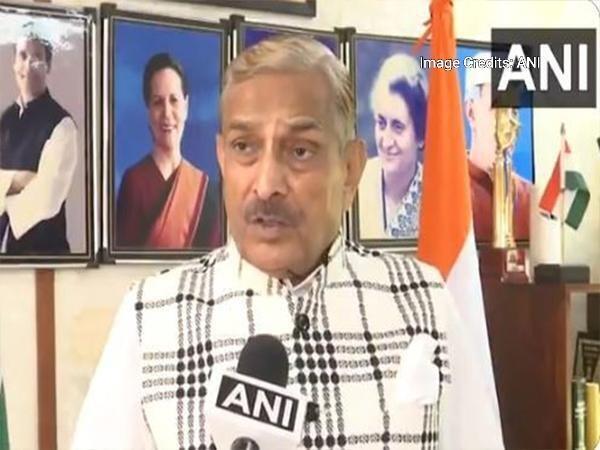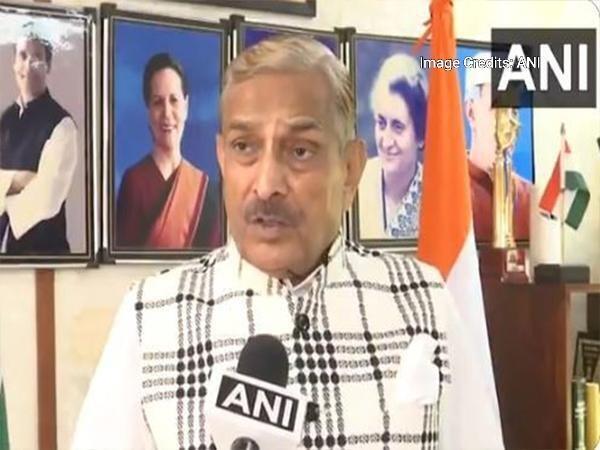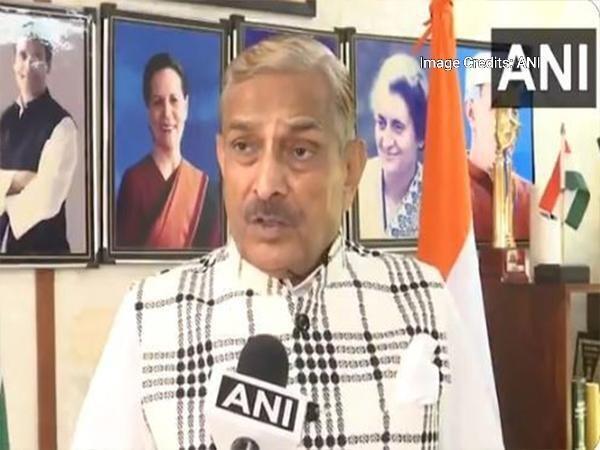
Why Doesn’t Congress Name a Muslim Party President: PM Modi
In a recent statement, Prime Minister Narendra Modi criticized the Congress Party’s opposition to the Waqf (Amendment) Act, saying that if the party truly has sympathy for Muslims in their hearts, they should make a Muslim the party president. PM Modi also accused the Congress Party of only appeasing Muslim fundamentalists and suggested that they allocate 50% of their party tickets for the Lok Sabha polls to Muslims.
The Prime Minister’s statement came as a response to the Congress Party’s criticism of the Waqf (Amendment) Act, which seeks to bring transparency and accountability to the management of Waqf properties. The Congress Party has been opposing the Act, claiming that it is an attempt to interfere with the religious practices of Muslims.
However, PM Modi argued that the Congress Party’s opposition to the Act is a manifestation of its appeasement politics, where it prioritizes winning votes over the well-being of the Muslim community. He said that if the Congress Party is indeed concerned about the welfare of Muslims, it should take concrete steps to empower them, rather than just paying lip service to their demands.
The Prime Minister’s statement has sparked a heated debate, with many questioning the Congress Party’s commitment to social justice and equality. Some have argued that the party’s opposition to the Waqf (Amendment) Act is a clear example of its bias towards the Muslim community, and that it is using the Act as a tool to further its own political interests.
Others have criticized PM Modi’s statement, saying that it is an attempt to divert attention from the real issues affecting the Muslim community. They argue that the Waqf (Amendment) Act is a necessary step towards bringing transparency and accountability to the management of Waqf properties, and that it is not an attack on the Muslim community.
Despite the controversy surrounding the Prime Minister’s statement, it is undeniable that the Congress Party’s opposition to the Waqf (Amendment) Act has raised serious questions about its commitment to social justice and equality. The party’s reluctance to empower the Muslim community and its tendency to appease Muslim fundamentalists are clear examples of its lack of vision and leadership.
In contrast, PM Modi’s statement reflects a commitment to social justice and equality, and a willingness to take bold steps to address the deep-seated issues affecting the Muslim community. His suggestion that the Congress Party allocate 50% of its party tickets for the Lok Sabha polls to Muslims is a bold move that has the potential to bring about real change and empowerment to the Muslim community.
The Prime Minister’s statement also highlights the need for a more nuanced understanding of the Waqf (Amendment) Act. While some have criticized the Act as an attack on the Muslim community, others see it as a necessary step towards bringing transparency and accountability to the management of Waqf properties.
In conclusion, PM Modi’s statement is a clear reflection of his commitment to social justice and equality, and a willingness to take bold steps to address the deep-seated issues affecting the Muslim community. The Congress Party’s opposition to the Waqf (Amendment) Act is a clear example of its lack of vision and leadership, and its reluctance to empower the Muslim community.
Source:






